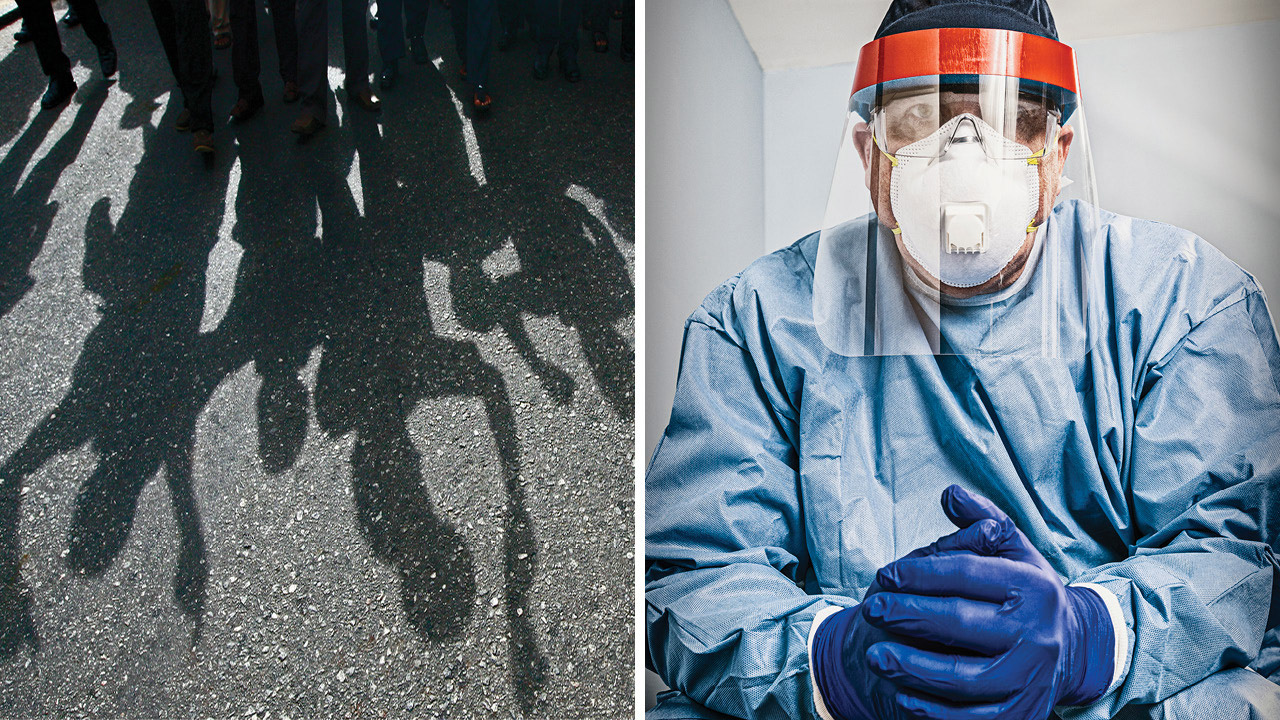Dear Friends and Supporters:
The Manhattan Institute was founded at a time of urban crisis in America. Crime and disorder had reached frightening levels in New York and other major cities, rendering many neighborhoods unsafe. Millions of city residents lived in seemingly permanent dependency on government assistance. Public schools were often educational dead zones. Businesses and workers were leaving in droves for the suburbs, while local politicians seemed powerless to do anything to turn things around.
The Manhattan Institute’s view was that the urban crisis wasn’t fated. Rather, it was the result of bad ideas. Better ideas—and more effective leadership—could revive the safe, prosperous city of opportunity and invention. And partly as a result of state and local leaders embracing ideas about public order, welfare reform, and education championed by the Institute, that is exactly what happened. It is easy to forget how extraordinary it is that women, older people, and families with young children have for years been able to walk the streets of our downtowns at night without fear. These gains in public safety are a precious achievement, which led to a surge of growth and investment in cities across the country.
But now, as once-flourishing neighborhoods are ravaged by unemployment and civil violence, we are facing the very real danger of a return to the bad old days of urban decline, a development that would prove especially damaging to the poorest and most vulnerable among us.
With terrifying speed, two new crises have hit America’s cities. The first—the Covid-19 pandemic—brought to a halt the interaction and creative ferment that, as economist Edward Glaeser argues, drives the “triumph of the city,” inflicting massive damage on municipal economies and budgets. The Manhattan Institute has covered every aspect of the pandemic, unleashing an unprecedented level of commentary and analysis in City Journal and in other outlets, and our scholars have offered evidence-based proposals to bring our cities back to life.
Even as the pandemic eased, the second crisis arrived. Protests over the death of George Floyd in police custody in Minneapolis have swiftly degenerated into ongoing riots, marked by arson, looting, and violence in New York and across urban America. The riots have already secured a grim place in our national history as an episode perhaps rivaled only by the urban unrest of the 1960s. Their impact will surely be enormous, both in the immediate future and over the long term.
Though events are still unfolding, the Institute’s scholars, contributors, and editors have been working quickly and tirelessly to assemble broad-ranging coverage. Heather Mac Donald, Jason Riley, and Rafael Mangual have made powerful contributions on the public-order and policing aspects of the current turmoil, while Daniel DiSalvo, Steven Malanga, and Michael Hendrix, among others, have underscored the need for effective political leadership and governance to repair the damage being done to America’s already-weakened economic, social, and institutional fabric. And there will be much more coverage in the weeks and months to come. As ever, the Institute will develop policies that foster wealth and opportunity and identify and cultivate leaders with the know-how and the courage to carry them forward.
We couldn’t do this important work without the generosity of our supporters and the encouragement of our friends. We are grateful for you, and we are committed to working alongside you to overcome the challenges facing America and its great cities.
Sincerely,
Reihan Salam
President
